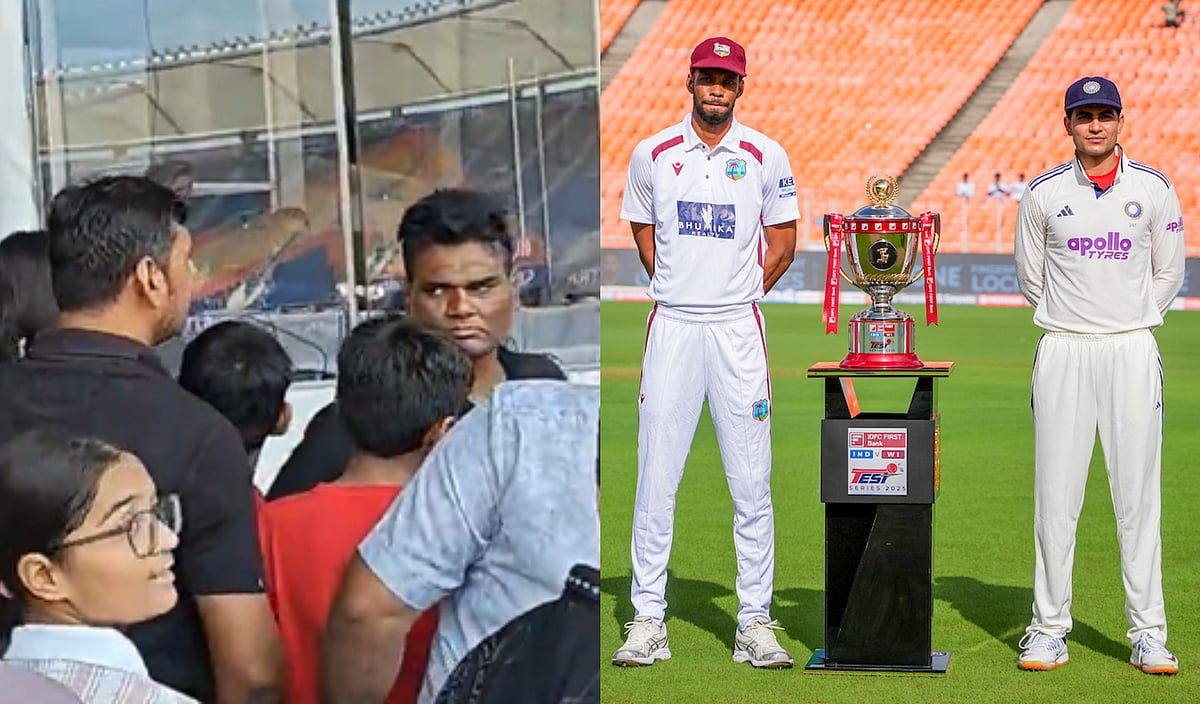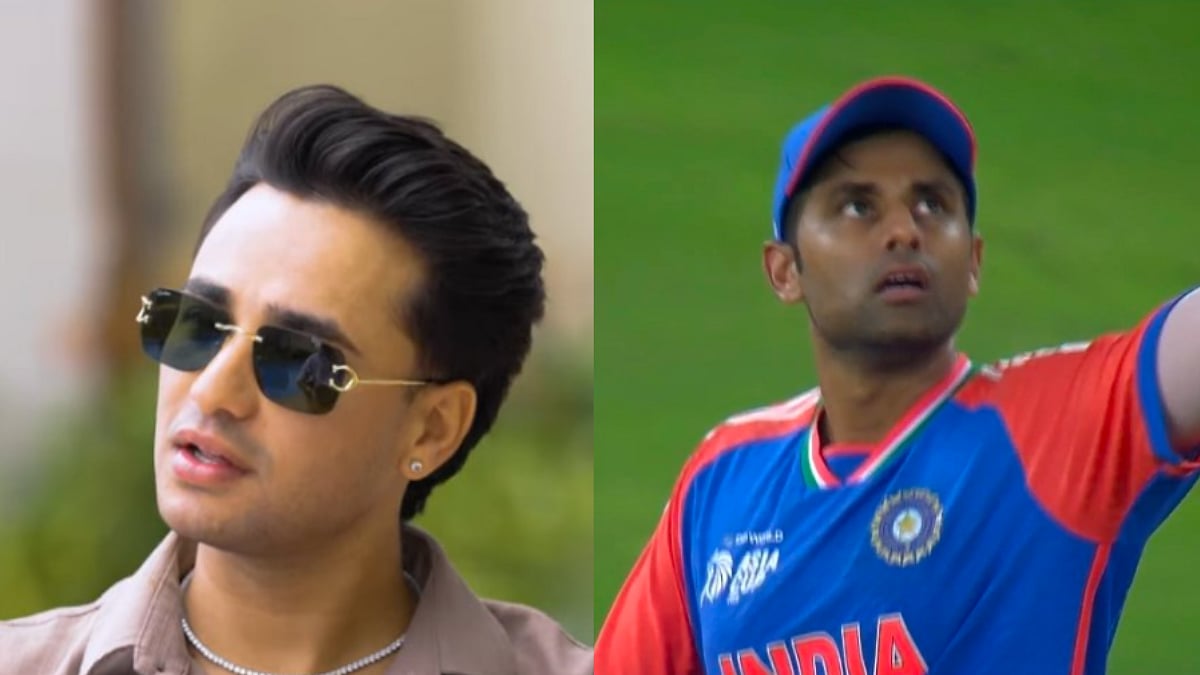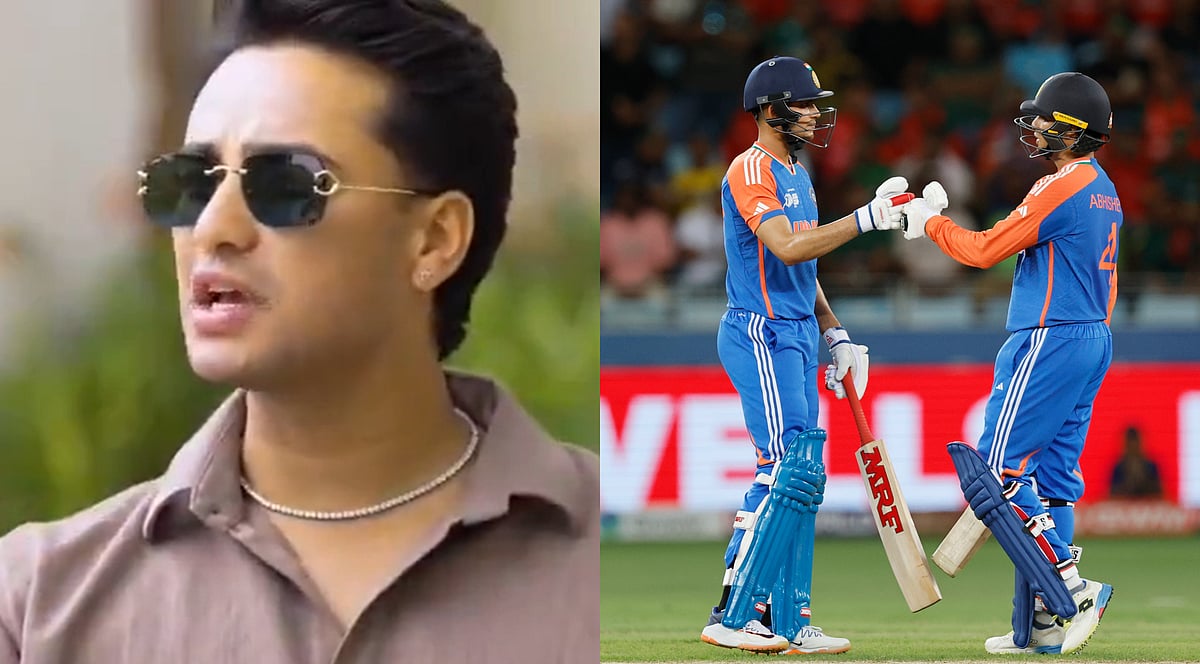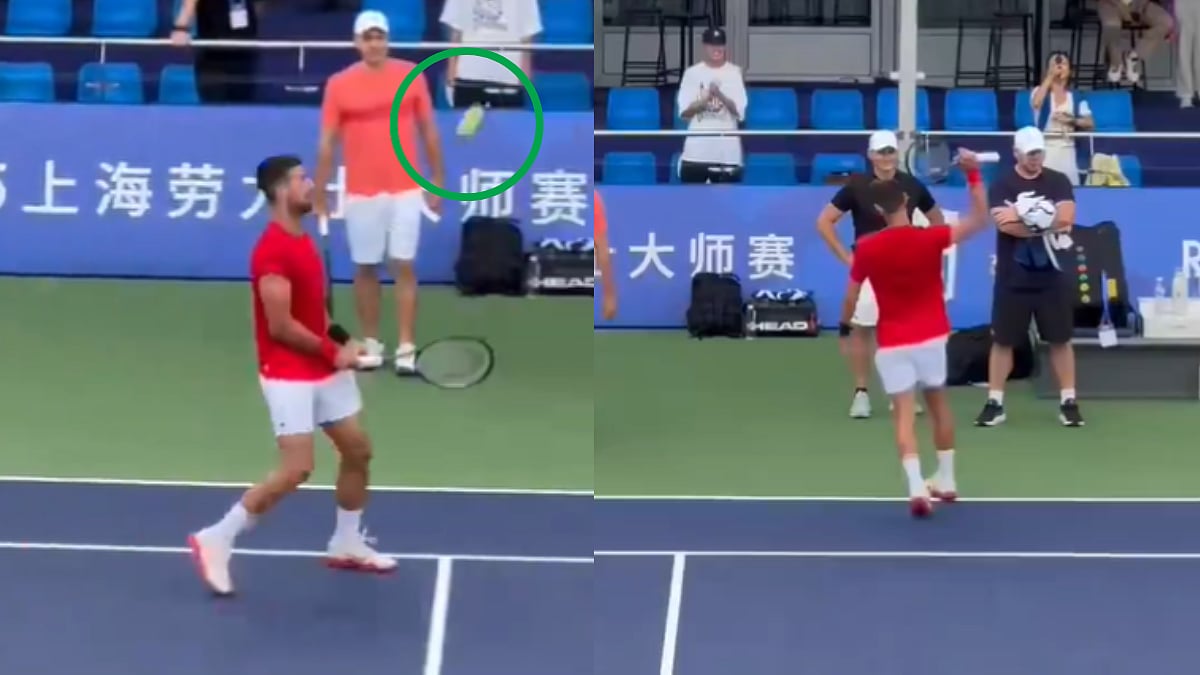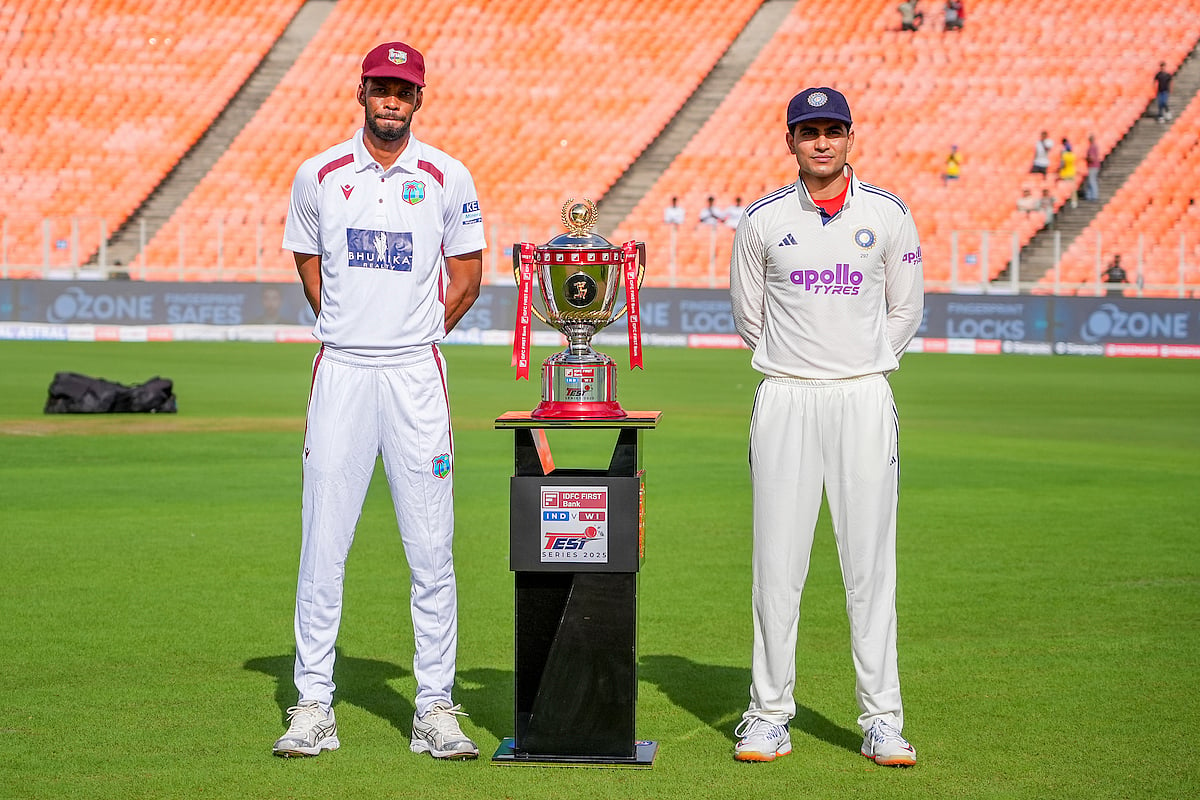The Fit India Movement has a 'Fitness Pledge' that reads...
“I promise to myself that I will devote time for physical activity and sports every day and I will encourage my family members and neighbours to be physically fit and make India a fit nation.”
The Central Government also spends a good sum on promoting the movement. In the latest Budget, Rs 1350 crore has been earmarked for setting up health and wellness centres under the National Rural Health Mission.
But when it comes to cycling, it seems that the state associations hardly pay heed.
This writer recently accompanied Nigel Smith, a veteran and an award-winning cycling coach from the UK, who has spent the last five years training champions in Maharashtra.
During the long drive to his training academy in the outskirts of Nashik, Smith frequently pointed out at the serene country roads and explained how suitable the area was for cycling.
“How quiet and open some of these country roads are. You can always race here. And for state associations, it doesn’t take a massive amount of organisation to the police or to close the roads. It also doesn’t take a massive amount of infrastructure either,” Smith observed.
“So the state associations need to plan more state-sponsored events out here.”
Cycling is one of the pillars of the Fit India Movement and its promotion should also be one of the Cycling Federation of India’s (CFI) top priorities. And so, organising and funding such events should be the responsibility of the associations.
But let alone organising such events in numbers, according to Smith, the CFI doesn’t even let its registered cyclists take part in most races.
“India is doing well in Asian juniors when it comes to track cycling despite lack of velodromes here. But the talent pool is still very small. Our boys are racing at the national level, but cannot take part in the local events here in Nashik to promote cycling.
“If they do, they get banned by the CFI for taking part in a tournament not affiliated with the parent body.”
Organising local events by independent bodies is no cakewalk. And as Smith indicated, some harsh introspection has to come from the CFI’s end to boost road cycling.
Because, unlike running events like marathons, where the organisers and sponsors can recover the banner cost, security fees, and miscellaneous expenses through participation fees and publicity, cycling is an expensive sport, where only a few hundreds are likely to enrol for a race.
Instead of encouraging local organisers, the CFI forces them to shell out more money, get affiliated with the parent body, then spend some more on security and other arrangements.
How will they promote cycling with such an approach? And what's in it for the sponsors, making them want to come back?
“So the state associations need to put more thought to it. Bring on more races. This will help build a bigger and fitter pool of talent. The events will provide kids opportunities to showcase their abilities or to try cycling as a sport for the first time, where someone else can identify if the kid has potential.
“The kids who are new to the sport will find out how much harder they will have to train if they want to get to the next level. The kids who are winning will realise how much harder they have got to work to stay there. If every state were doing that, you could create a culture and develop the next champions,” says Smith.
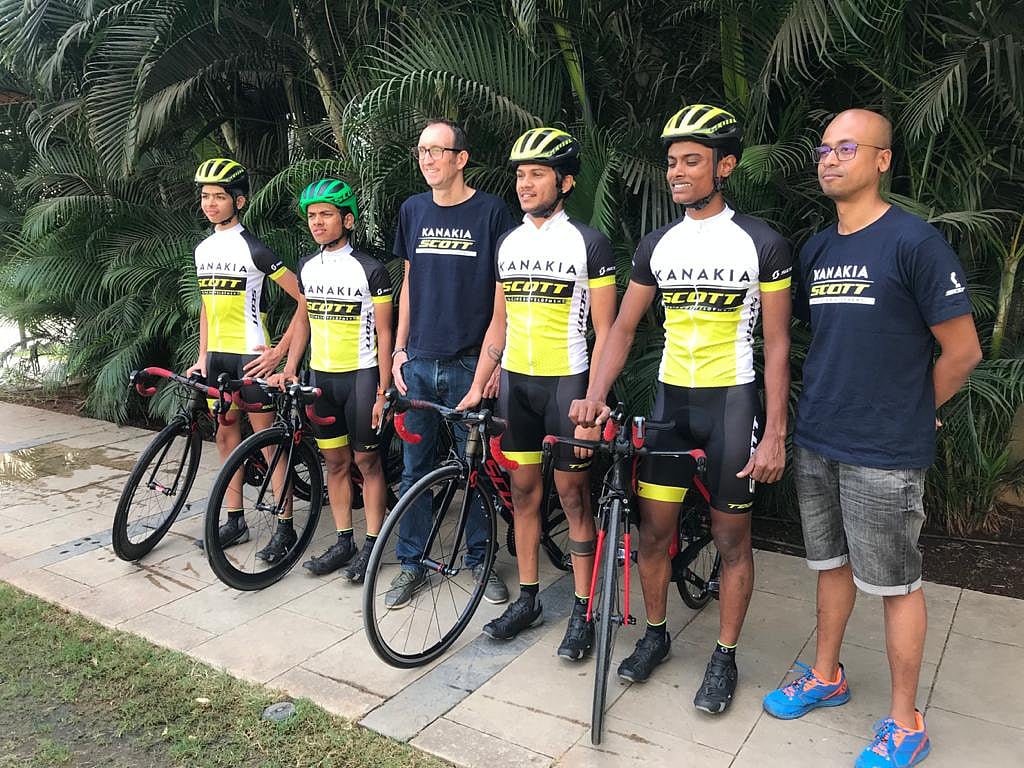
Nigel Smith (3rd left) with his team |
Setting up facilities and providing hardware
The most valuable things come in small packages. Be it a wedding ring, a key in the box for a new car, or a 90sq m flat that houses India’s Tour de France ambitions.
“All you need is the courage and creativity to take that first step,” says Debajyoti Manadhata of Swiss SCOTT Sports India. The company he works for has joined hands with Kanakia Group to ensure that the juniors have the top equipment at Smith’s mini-academy.
The academy is set up to produce one of India’s first pro cycling teams for road racing. The goal is to challenge the likes of their European counterparts in their backyard. Four of the best from the younger lot, all aged between 16 and 22, are undergoing training here.
It was astonishing at first, to see junior state and district champions from different corners of India engaged in tasks like making tea, washing clothes, and cleaning equipment. 'Surely, there must be helpers to take care of these tasks', the writer thought. But that was not the case.
Smith, who is himself a road and cross-country cyclist and overseer of this academy, explains why he makes these talented boys handle these tasks.
“Moving away from home at their age requires a huge commitment,” he says. “Without discipline, there’s no point making strategies and teaching them techniques, because they will not be able to stick with the training plans.
“If we parachuted them right now in Europe, they wouldn't be able to pick up the same ingredients that they would expect to eat here,” he says.
While cycling, Smith explains it is important to maintain power/weight ratio. An individual can lose up to 2 kg of weight in a session because the body is constantly trying to cool itself and loses water in the process. So natural talent isn’t enough, commitment also matters.
“It is about what food they should be eating, how they cook it in another country, and where they buy it. They need to master the art of staying hydrated and cleaning up. This is exactly what we are trying to help them with now – teach them discipline.”
Sponsor-athlete relationship
“Athletes should only be focused on beating the clock,” said sprinter Dutee Chand once, when this writer asked her how a sportsperson must manage finances in the modern age.
In India, funding follows eyeballs. So it isn’t easy for athletes in individual sports to get sponsors. But athletes also have themselves to blame for this trust deficit.
“Some corporates do take the initiative of sponsoring young talents. They provide jerseys, helmets, airfares, and also race fees.
“But it is difficult for cyclists to manage their other costs. A full-carbon racing bicycle would cost you Rs three lakh and more,” Mandhata says.
“Most cyclists are under 23 at a nascent stage. So they are desperate to recover the money their families have pumped in to boost their careers,” he adds.
The structure of India’s sporting culture is such that till you don’t earn a medal or become too successful for not being rewarded, you don’t earn yourself the support of the federation or sponsors.
“So once athletes win those state/national medals, most of them then focus on making their lives stable," Mandhata observes.
This is where one enters the trickiest phase.
"While some continue to pursue their dreams and go a step above, many start looking for jobs at Railways or in the government, on the basis of their state/national exploits.
"This dents the confidence of sponsors, who supported the athlete so that her/his fame would provide them returns on their investment in the form of brand publicity."
So what’s the solution?
“It is important to simplify the process and stop the leakage of resources,” Mandhata says.
“What the CFI needs to do is to get a house like this exactly in Europe. Somewhere like Belgium, Italy, or Spain, doesn’t really matter. But somewhere where there are a lot of cycling events. Get a house like the one we have here in Nashik, with three or four bedrooms, with three or four rooming in each. The CFI could let them live like this in Europe for a season and let them race...race...race! The good ones will come to the top, and the ones who don’t like the food, routine, climate, will eventually drop out.
“This is exactly what a UK academy did. They got a house set up in Tuscany, a region with a diverse landscape in central Italy, for about eight or ten riders.
“The riders then participated in the Italian national series, while also making weekend race trips to Belgium and France. All the academy had to do was to pay for the house and take care of their travel – exactly what we are trying to do here. We should provide an individual with all the necessities to go racing with the teams. But there’s no salary and no prize money, None. They will have to earn it by winning races or drop out and give the fresh ones a chance,” Mandhata sums up.

